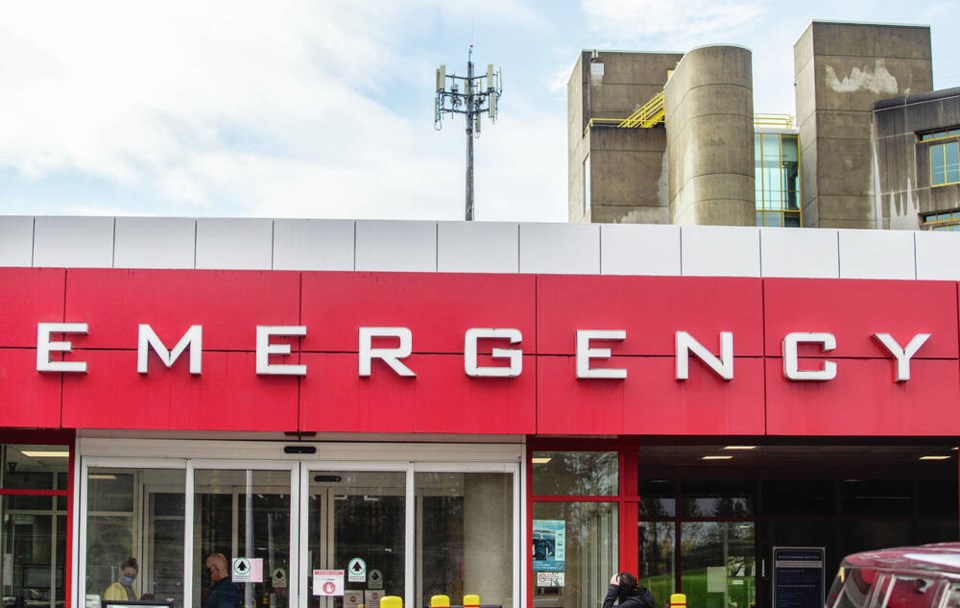A commentary by an emergency physician in Victoria.
I am an emergency physician, and I am angry. I am angry at our successive provincial governments for mishandling primary care in our health-care system for the past 30 years.
During that time, we have known that the demographic shift to older populations and the changes in medicine to more complex chronic disease both make a fee-for-service payment model for primary care inappropriate.
We watched as walk-in clinics flourished in the 1990s and 2000s; doctors left primary longitudinal care to try to see easier patients for one-off medical concerns as the system increasingly fractured patient relationships and fostered a lack of accountability.
When our current government proposed the construction of urgent care centres (at great expense) as a solution, it was opposed by almost everyone who works in health care as being the wrong decision as it is not evidence-based.
Better longitudinal primary care is.
Emergency physicians unanimously told this government that urgent care centres would not lessen the burden on ERs and may in fact increase patient visits.
What we needed was investment in longitudinal primary care with a change in the payment model.
Our government did not listen and went ahead with the political good optics of opening urgent care centres that are the wrong answer.
The result is that now in the ER, not infrequently patients wait for seven or eight hours to be seen. I witness patients of all ages struggling to be seen as urgent care centres meet their “cap” of patients by 9:30 a.m. and are effectively closed to patients and folks who require complex longitudinal management not being able to access care at all.
For how does a 92-year-old man with Parkinson’s disease line up at 7:30 a.m. for an hour to secure a spot at a urgent care centre?
Are urgent care centres ensuring that cancer screening such as mammograms, colon–oscopies and skin surveillance is done?
We diagnose metastatic cancer on a regular basis in ER now, something I didn’t see in the earlier years of my career.
I don’t think this is due to an aging population alone, but a deterioration of our screening programs due to primary care degradation.
So, what is the answer? Pay family physicians a fair salary to work in group practices to provide comprehensive care to patients in a longitudinal relationship with the practice.
This would include preventative care, home visits for those who require it and doing the two to three hours of paperwork that is generated daily that is currently being done unpaid by an increasingly smaller pool of family physicians.
In short, make it a job that doctors want to do.
• To comment on this article, write a letter to the editor: [email protected]

